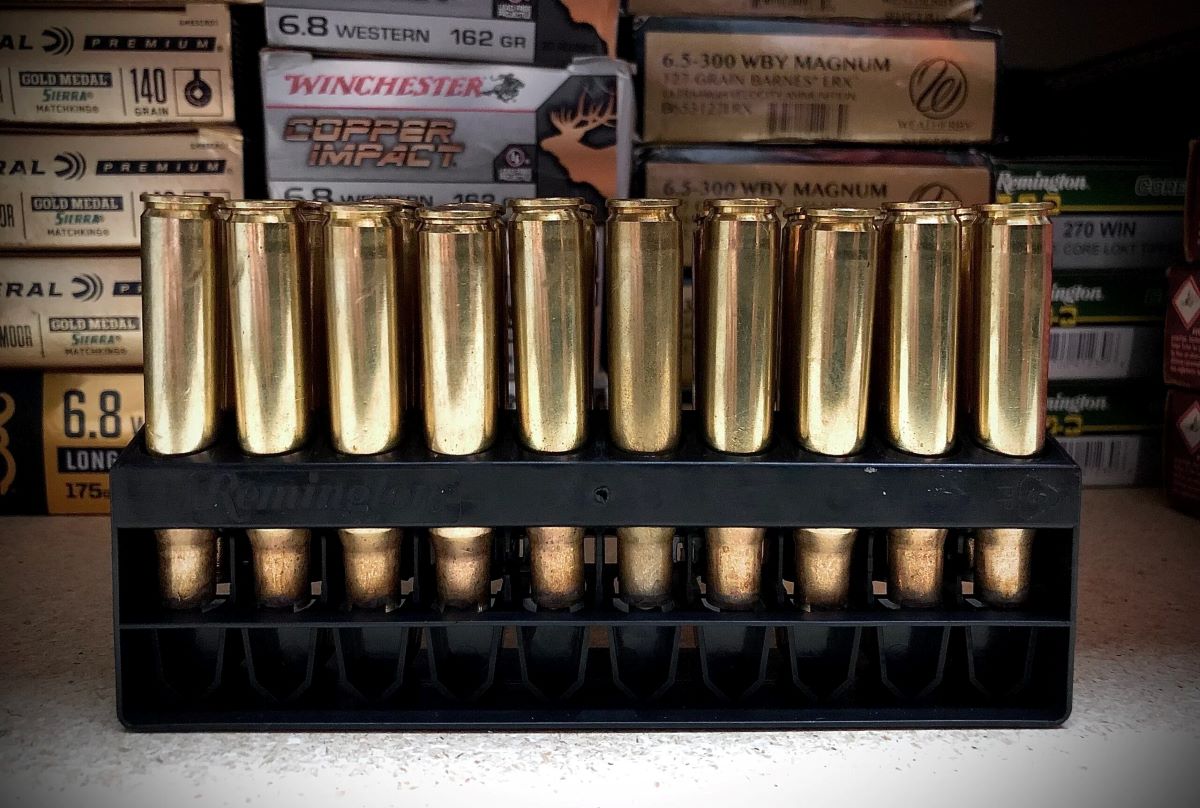

Articles
How To Store Ammo At Home
Modified: January 8, 2024
Learn effective ways to store your ammunition safely at home with these informative articles. Discover important tips and guidelines for proper ammo storage to ensure maximum safety and longevity.
(Many of the links in this article redirect to a specific reviewed product. Your purchase of these products through affiliate links helps to generate commission for Storables.com, at no extra cost. Learn more)
Introduction
Properly storing ammunition at home is essential for ensuring its longevity and functionality. Whether you are a casual shooter or an avid firearm enthusiast, understanding the importance of ammo storage is crucial. By implementing effective storage practices, you can maintain the quality of your ammunition, reduce the risk of accidents, and comply with legal requirements.
In this article, we will explore the key aspects of storing ammo at home, including the right storage containers, suitable locations, temperature and humidity control, organizing and inventory management, safety measures, and legal considerations. By following these guidelines, you can ensure that your ammunition remains safe, reliable, and ready for use.
Key Takeaways:
- Proper ammo storage ensures longevity, safety, and legal compliance. Choose the right containers, control temperature and humidity, and prioritize safety measures to maintain optimal ammunition condition.
- Organize, inspect, and comply with legal requirements for responsible ammo storage. Prioritize safety, maintain inventory, and stay informed about local regulations to ensure a secure and compliant environment.
Read more: How To Store Ammo
Importance of Proper Ammo Storage
Proper ammo storage is essential for several important reasons. Firstly, it helps to maintain the integrity and functionality of the ammunition. Exposure to moisture, extreme temperatures, or improper handling can lead to degradation or damage of the cartridges, affecting their performance and potentially endangering the shooter.
Secondly, storing ammunition securely reduces the risk of accidents or unauthorized access. Whether you have children at home or you simply want to maintain a safe environment, keeping your ammo in a locked container or safe can prevent any unfortunate incidents or misuse.
Another significant reason for proper ammo storage is to comply with legal requirements. In many jurisdictions, there are specific laws and regulations regarding the storage of ammunition. Ensuring that you adhere to these guidelines not only avoids legal troubles but also demonstrates responsible gun ownership.
Furthermore, proper storage allows for easier organization and inventory management of ammunition. By systematically storing your cartridges, you can keep track of their quantity, type, and expiration dates more effectively. This ensures that you have the necessary supplies for shooting activities and reduces the likelihood of using expired or compromised ammunition.
Overall, establishing and maintaining a proper ammo storage system is crucial for safety, performance, compliance, and convenience. By following the best practices outlined in this article, you can ensure that your ammunition remains in optimal condition while maintaining a secure and organized environment.
Choosing the Right Storage Containers
When it comes to storing ammunition, selecting the right storage containers is of utmost importance. The containers you choose should offer protection against environmental factors such as moisture, temperature extremes, and physical damage. Here are some options to consider:
- Ammo Cans: Metal ammo cans are a popular choice for storing ammunition. They are sturdy, durable, and provide excellent protection against moisture and impact. Look for cans that have a rubber gasket seal to ensure a tight and waterproof closure.
- Airtight Containers: Plastic storage containers with airtight seals are another viable option. They offer good protection against moisture and can be stackable for efficient use of space. Choose containers that are made of high-quality, thick plastic to prevent easy breakage.
- Gun Safes: If you have a large amount of ammunition or want to store firearms along with your ammo, a gun safe is an excellent choice. Gun safes provide maximum security against theft and unauthorized access. Look for safes with fireproofing and adjustable shelves to accommodate varying sizes of ammunition.
- Desiccant Packs: To further protect your ammunition from moisture, consider using desiccant packs inside your storage containers. These packs absorb moisture and help maintain a dry environment, thus reducing the risk of corrosion or rust.
Regardless of the storage containers you choose, it is important to label them properly. Clearly mark each container with the type of ammunition, caliber, and any other relevant information. This will make it easier for you to identify and locate specific cartridges when needed.
Keep in mind that it is always advisable to store your ammunition in separate containers from your firearms. This adds an extra layer of safety and ensures that in the event of a theft or accident, the ammunition is not readily accessible.
By selecting the appropriate storage containers and taking necessary precautions, you can protect your ammunition from environmental factors, minimize the risk of accidents, and maintain its longevity.
Selecting a Suitable Location
Choosing the right location to store your ammunition is crucial for maintaining its quality and ensuring safety. Consider the following factors when selecting a suitable location:
- Temperature Stability: Ammunition should be stored in an area with a consistent temperature. Fluctuating temperatures can lead to the deterioration of the cartridges and compromise their performance. Avoid storing your ammo in places that are prone to extreme temperature changes, such as attics or sheds.
- Avoid Moisture and Humidity: Moisture is one of the greatest enemies of ammunition, as it can cause corrosion and damage to the cartridges. Choose a storage location that is dry and has low humidity levels. Basements or closets within your home are usually good options, as they tend to have more stable humidity levels.
- Protection from Sunlight: Ultraviolet (UV) rays from sunlight can degrade the propellants inside the cartridges over time. It is important to store your ammunition in a location that is shielded from direct sunlight. Consider using opaque containers or storing the ammo in a closet or cabinet.
- Secure and Accessible: Ensure that the storage location is secure and inaccessible to unauthorized individuals, especially children. Consider using lockable cabinets or safes to prevent any accidents or misuse.
- Away from Chemicals and Hazardous Materials: Avoid storing your ammunition near chemicals, cleaning solvents, or other potentially hazardous materials. Chemical fumes or exposure to certain substances can adversely affect the cartridges.
- Concealment: If you prefer to keep your ammunition discreet and out of sight, choose a location that offers concealment. This could be within a locked cabinet or a hidden compartment.
Remember to regularly inspect the storage location for any signs of moisture, pest infestation, or other potential issues. Conduct routine checks to ensure that the area remains suitable for storing ammunition.
By selecting a suitable location for your ammunition storage, you can protect your cartridges from environmental factors, maintain their quality, and enhance overall safety in your home.
Temperature and Humidity Control
Controlling the temperature and humidity in your ammunition storage area is crucial for maintaining the quality and longevity of your cartridges. Here are some tips to help you manage temperature and humidity levels:
- Temperature: Aim to store your ammunition in an area with a temperature range of 50 to 70 degrees Fahrenheit (10 to 21 degrees Celsius). Extreme heat or cold can affect the stability of the propellants and components inside the cartridges, potentially leading to malfunctions. Avoid storing your ammunition in places like garages, sheds, or vehicles that are exposed to extreme temperatures.
- Humidity: Humidity is a primary concern for ammunition storage, as it can lead to moisture accumulation and subsequent corrosion. The ideal humidity level for ammo storage is below 50%. To reduce humidity, use dehumidifiers or silica gel packs in your storage area. Silica gel packs can absorb excess moisture and help maintain a dry environment.
- Avoid Sudden Temperature Changes: Rapid changes in temperature can cause condensation and moisture build-up. Ensure that the storage area is protected from sudden temperature fluctuations, such as drafts or direct exposure to air vents.
- Seal Containers Properly: Ensure that your storage containers, such as ammo cans or plastic containers, are properly sealed to prevent humidity from entering. Check the gaskets or seals regularly and replace them if they appear worn or damaged.
- Monitor Temperature and Humidity: Consider using a digital thermometer and hygrometer to monitor the temperature and humidity levels in your storage area. This will help you identify any potential issues or deviations and take necessary actions to maintain optimal conditions.
Remember to periodically inspect your ammunition for any signs of corrosion or damage. If you notice any issues, it is advisable to properly dispose of the affected cartridges and replace them with fresh ammunition.
By controlling the temperature and humidity in your ammunition storage area, you can ensure the long-term reliability and performance of your cartridges.
Read more: How To Store Ammo Correctly
Organizing and Inventory Management
Effective organization and inventory management of your ammunition are essential for several reasons. It helps you easily locate specific cartridges, ensures you have an accurate count of your supplies, and enables you to rotate your stock to ensure freshness. Here are some tips for organizing and managing your ammunition inventory:
- Labeling: Label each storage container with relevant information such as the caliber, type of ammunition, and purchase date. This will make it easier for you to identify and access the cartridges you need.
- Categorization: Consider categorizing your ammunition by caliber or type. This will allow you to quickly locate the desired cartridges and ensure that you have a well-organized storage system.
- Inventory List: Maintain an inventory list of your ammunition. This can be a simple spreadsheet or a dedicated software program. Include details such as the quantity, type, and expiration dates of each batch. Regularly update this list to track usage and ensure that you rotate older stock to prevent any cartridges from becoming outdated.
- First In, First Out (FIFO): When storing multiple batches of ammunition, practice the FIFO method. This means using the older stock first to ensure that you rotate your inventory and prevent any cartridges from sitting idle for extended periods.
- Regular Inspections: Periodically inspect your ammunition for any signs of damage, corrosion, or compromised integrity. Remove and properly dispose of any cartridges that show signs of deterioration.
- Safe Storage: Keep your ammunition stored securely to prevent unauthorized access. If possible, consider using lockable cabinets or safes for additional protection.
By maintaining an organized inventory and implementing proper management practices, you can ensure that your ammunition remains in optimal condition. Regularly check your inventory and replenish supplies as needed to ensure that you are prepared for shooting activities.
Remember to comply with any legal requirements regarding record-keeping and reporting of ammunition purchases and usage.
Store ammo in a cool, dry place away from direct sunlight and moisture. Use airtight containers or ammo cans to prevent corrosion and keep out dust and debris. Keep ammo out of reach of children and in a secure location to prevent unauthorized access.
Safety Measures for Ammo Storage
When it comes to storing ammunition, safety should be a top priority. Proper safety measures not only help prevent accidents but also ensure the long-term durability of your cartridges. Here are some important safety considerations for ammo storage:
- Lockable Storage: Store your ammunition in lockable containers or safes to prevent unauthorized access. This is especially important if there are children or inexperienced individuals in your household.
- Separate Storage from Firearms: It is generally recommended to store your ammunition separately from your firearms. This adds an extra layer of safety, as it ensures that even if a firearm is accessed, the ammunition is not readily available.
- Proper Ventilation: Ensure that your storage area has adequate ventilation, especially if you are storing large quantities of ammunition. Proper ventilation helps dissipate any fumes or gases that may accumulate over time.
- Fire Safety: Consider storing your ammunition in a fireproof container or safe to protect it from potential fire hazards. This is especially important if you live in an area prone to wildfires or if there is a risk of fire in your home.
- No Smoking Policy: Prohibit smoking in or near your ammunition storage area. Smoking near ammunition or in an environment where ammunition is stored can be extremely dangerous.
- Avoid Piling: Do not stack heavy objects or other items on top of your ammunition containers. This can damage the cartridges or compromise the integrity of the storage containers.
- Regular Maintenance: Routinely inspect your storage containers for any signs of damage or wear and replace them if necessary. This ensures that your ammunition remains secure and protected.
- Education and Training: Educate yourself and others who may have access to the ammunition storage area about proper handling and safety protocols. Be familiar with the basic principles of firearm safety and ensure that everyone involved follows them.
Remember that safety is a continuous effort. Regularly review and update your safety measures as needed to ensure that your ammunition storage remains secure and accident-free.
Additionally, it is important to familiarize yourself with any local laws or regulations regarding ammunition storage in your area. Complying with these regulations will help ensure both your safety and legal compliance.
Maintaining and Inspecting Ammo
Maintaining and inspecting your ammunition on a regular basis is crucial for ensuring its reliability and performance. By following these guidelines, you can prolong the lifespan of your cartridges and identify any potential issues before they become problematic.
- Inspect for Physical Damage: Before and after each use, visually inspect your ammunition for any signs of physical damage such as dents, scratches, or deformities. Discard any cartridges that show visible damage, as they may pose a safety risk if fired.
- Check for Corrosion: Inspect your ammunition for any signs of corrosion, including rust or discoloration. Corrosion can occur due to exposure to moisture or high humidity levels. If you notice any corrosion, dispose of the affected cartridges properly and replace them with fresh ammunition.
- Keep Ammo Clean: Store your ammunition in a clean and dry environment to prevent dirt, debris, or contaminants from affecting the cartridges. Avoid touching the bullets or primers with bare hands, as oils and moisture from your skin can cause corrosion and affect performance.
- Rotate Stock: If you have multiple batches of ammunition, practice stock rotation. Use the oldest stock first and ensure that you regularly rotate your inventory to prevent cartridges from exceeding their recommended shelf life.
- Monitor Temperature and Humidity: Regularly check the temperature and humidity levels of your storage area. Maintain a stable and controlled environment to prevent moisture accumulation and minimize the risk of corrosion or deterioration.
- Proper Handling: When handling your ammunition, ensure that you follow proper safety protocols. Avoid dropping cartridges or causing unnecessary impact, as this can damage the integrity of the ammunition.
- Follow Manufacturer Guidelines: Adhere to the manufacturer”s guidelines regarding the lifespan and storage conditions of your specific ammunition. Different types of cartridges may have varying recommendations, so it is essential to familiarize yourself with the specific requirements of each type.
Regular maintenance and inspection of your ammunition will help ensure that it remains reliable and safe to use. By identifying and addressing any issues early on, you can prevent malfunctions and ensure optimal performance when you need it.
Remember, safety should always be a priority when handling and inspecting ammunition. If you have any doubts or concerns about the condition of a cartridge, it is best to err on the side of caution and dispose of it properly.
Storing Ammo in Bulk
Storing ammunition in bulk can be a cost-effective and convenient option for avid shooters or those who prefer to have a larger supply on hand. However, it is important to follow specific guidelines to ensure the longevity and safety of your bulk ammunition.
- Consider Ammo Cans: Ammo cans are a popular choice for storing bulk ammunition. They provide sturdy protection against moisture, physical damage, and are stackable for efficient use of space. Look for cans that have a rubber gasket seal to ensure a tight and waterproof closure.
- Use Desiccant Packs: When storing ammunition in bulk, it is crucial to control moisture levels. Place desiccant packs inside the ammo cans to absorb any excess moisture and help maintain a dry environment.
- Label Containers: Clearly label each container with relevant information such as the caliber, quantity, and date of purchase. This will make it easier for you to locate specific cartridges and keep track of your inventory.
- Rotate Stock: When storing ammunition in bulk, it is essential to practice proper stock rotation. Use the oldest stock first to ensure that all cartridges are used within their recommended shelf life.
- Maintain Stable Temperature: Store your bulk ammunition in an area with a stable temperature between 50 to 70 degrees Fahrenheit (10 to 21 degrees Celsius). Avoid storage areas prone to extreme temperature fluctuations, as this can affect the performance of the cartridges.
- Regularly Inspect and Maintain: Periodically inspect your bulk ammunition for any signs of damage, corrosion, or compromised integrity. Remove any cartridges that show signs of deterioration and replace them with fresh, reliable ammunition.
- Consider Professional Storage: If you have a substantial amount of bulk ammunition, you may want to consider utilizing professional storage facilities designed specifically for storing firearms and ammunition. These facilities often provide climate-controlled environments and enhanced security measures.
When storing ammunition in bulk, it is important to comply with any local laws or regulations regarding the amount of ammunition you can possess or store in a particular location. Ensure that you are aware of and adhere to these regulations to avoid any legal complications.
By following these guidelines, you can properly store your bulk ammunition, ensuring its longevity and accessibility when you need it. Remember to always prioritize safety and adhere to proper handling and storage protocols to minimize any risks.
Read more: How To Store Ammo For Long Time
Legal Considerations
When it comes to storing ammunition at home, it is essential to be aware of and comply with the legal requirements and regulations in your jurisdiction. Failure to do so can result in legal consequences and potential safety risks. Here are some common legal considerations regarding ammo storage:
- Local Laws: Familiarize yourself with the local laws and regulations that pertain to ammunition storage. Different regions may have specific requirements regarding the quantity of ammunition you can possess, the type of storage containers allowed, and the necessary precautions to prevent unauthorized access.
- Background Checks: In some locations, individuals purchasing ammunition may be subject to background checks or licensing requirements. Ensure that you comply with any necessary procedures or documentation needed to purchase and possess ammunition legally.
- Safe Storage Laws: Some jurisdictions have specific laws or guidelines regarding how ammunition should be stored to prevent accidents or unauthorized access. These laws may outline requirements for storage containers, locks, or the separation of ammunition from firearms. Ensure that you understand and follow these regulations to avoid legal issues.
- Transportation Restrictions: Be aware of any restrictions on transporting ammunition, particularly when crossing state or international borders. Different jurisdictions may have varying rules regarding the transportation of firearms and ammunition, so ensure that you are in compliance with the applicable laws when traveling with ammunition.
- Reporting Requirements: Some regions may require individuals to report the purchase or possession of ammunition to local authorities. Know the reporting obligations in your area and fulfill them accordingly to stay in compliance.
- Range Rules: If you frequent shooting ranges, be familiar with their specific rules and regulations regarding ammunition storage and usage. Different ranges may have their own policies to ensure safety and compliance with local laws.
It is essential to stay updated on any changes to the relevant legal requirements in your jurisdiction. Consult local law enforcement agencies or firearm organizations to obtain accurate and current information regarding the legal considerations for ammunition storage.
By understanding and abiding by the legal obligations related to ammunition storage, you can ensure both your safety and compliance with the law.
Conclusion
Proper storage of ammunition at home is crucial for maintaining its quality, ensuring safety, and complying with legal requirements. By following the best practices outlined in this article, you can ensure that your ammunition remains in optimal condition and ready for use when you need it.
Choosing the right storage containers, such as ammo cans or airtight plastic containers, provides protection against environmental factors and helps maintain the integrity of the cartridges. Selecting a suitable location, considering temperature stability and humidity control, further enhances the longevity of your ammunition.
Organizing and managing your ammunition inventory allows for easy access and ensures that you have an accurate count of your supplies. Regularly inspecting and maintaining your ammunition helps identify any issues and avoids using compromised cartridges.
Safety should always be a priority when storing ammunition. Lockable storage containers, separation of ammunition from firearms, and safe handling practices contribute to a secure environment. Adhering to legal considerations, including compliance with local laws and reporting requirements, is essential to avoid legal complications.
By implementing these guidelines, you can store your ammunition responsibly, protect against accidents, and comply with legal obligations. Regularly reviewing and updating your storage practices and staying informed about any changes in regulations will help ensure that your ammunition remains in optimal condition and supports a safe shooting experience.
Remember, responsible ammunition storage is not only essential for your own safety but also for the well-being of those around you. By taking the necessary precautions, you can enjoy peace of mind knowing that your ammunition is stored securely and ready for use when needed.
Frequently Asked Questions about How To Store Ammo At Home
Was this page helpful?
At Storables.com, we guarantee accurate and reliable information. Our content, validated by Expert Board Contributors, is crafted following stringent Editorial Policies. We're committed to providing you with well-researched, expert-backed insights for all your informational needs.
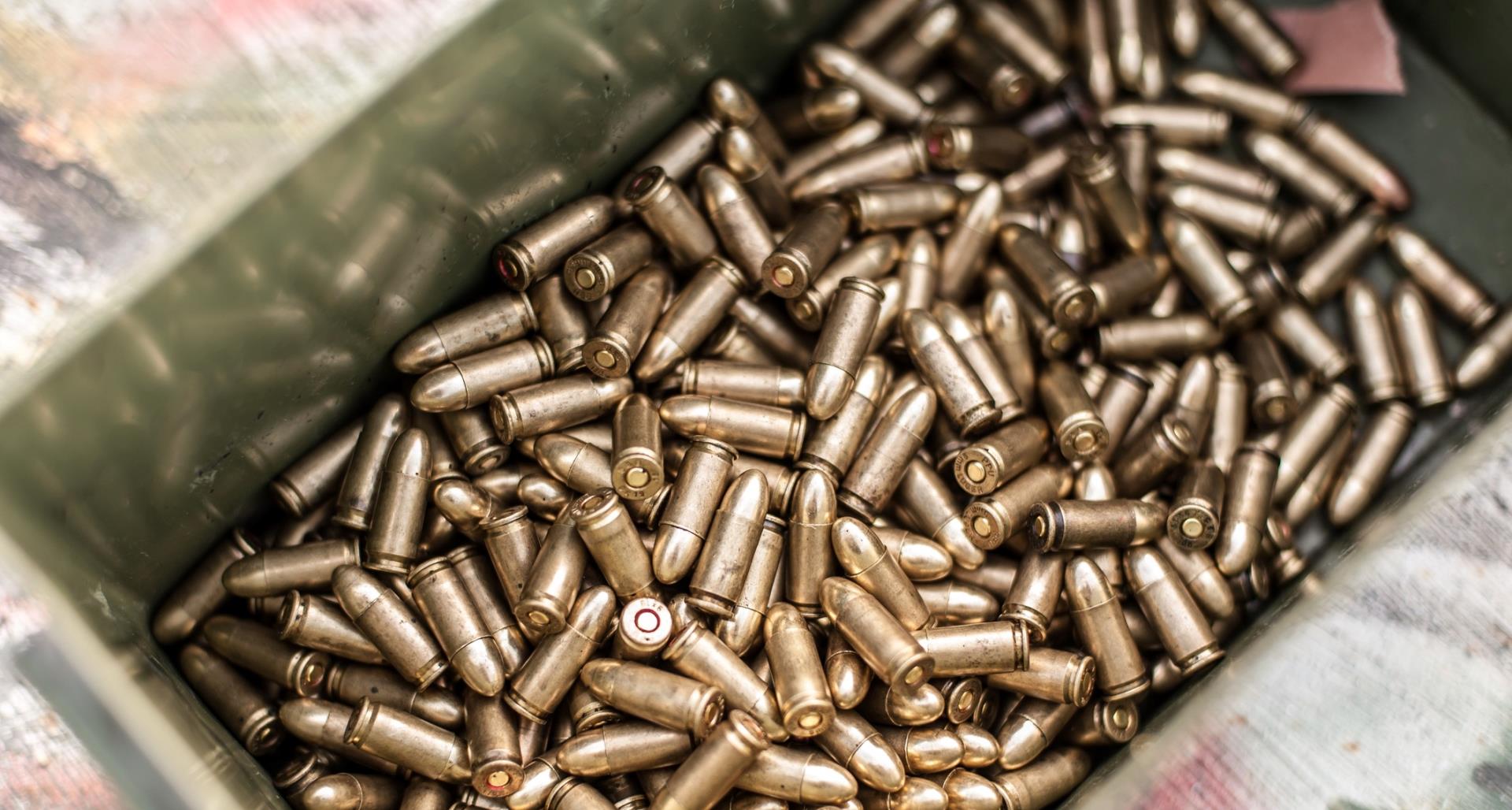
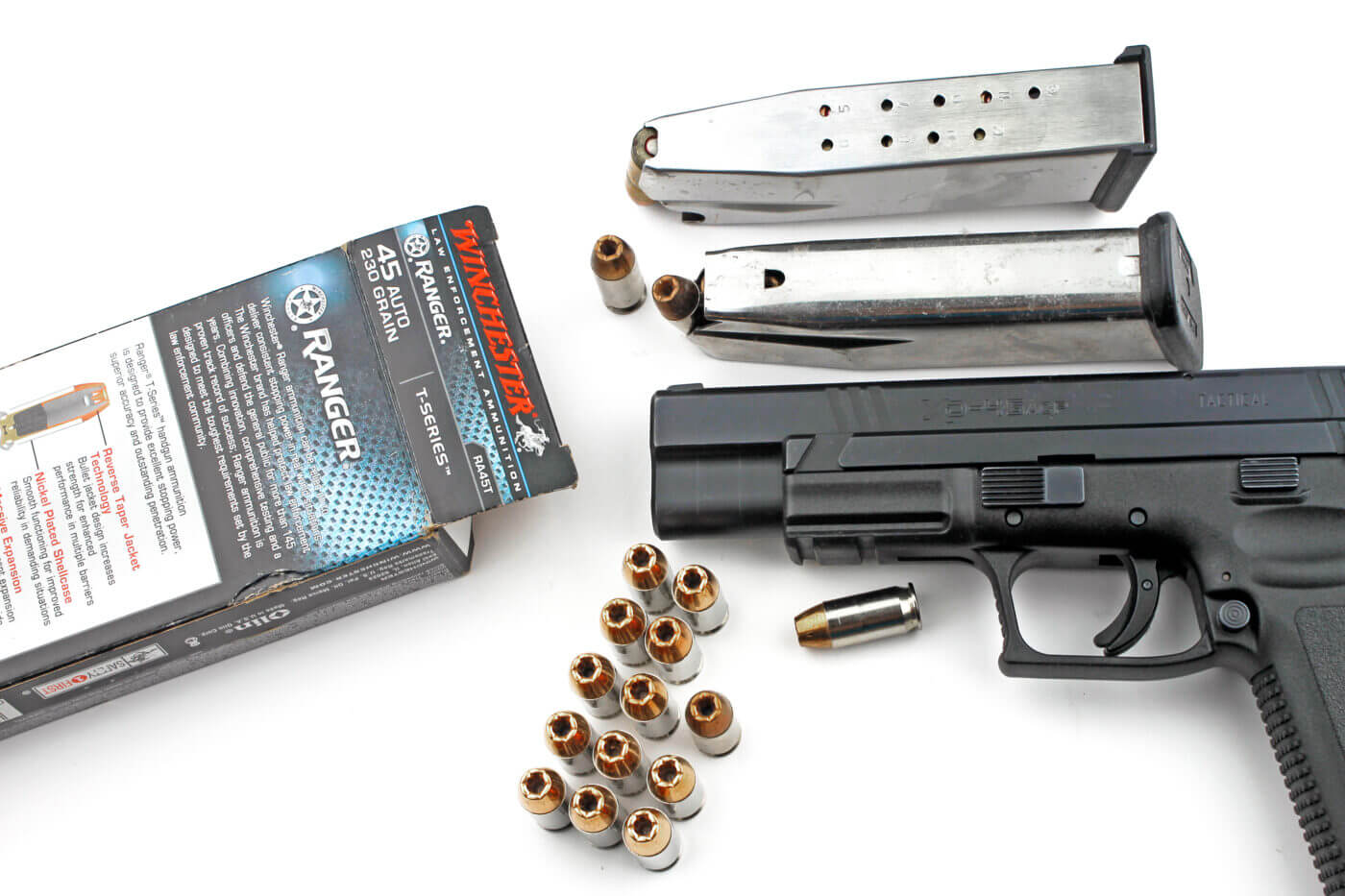
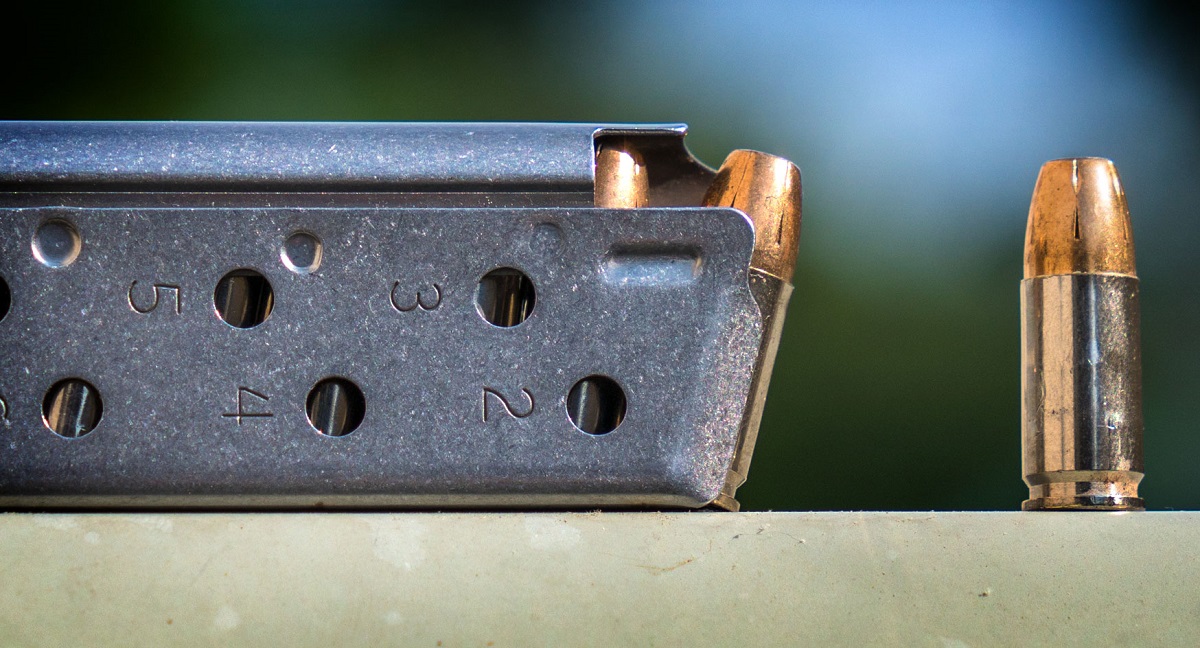
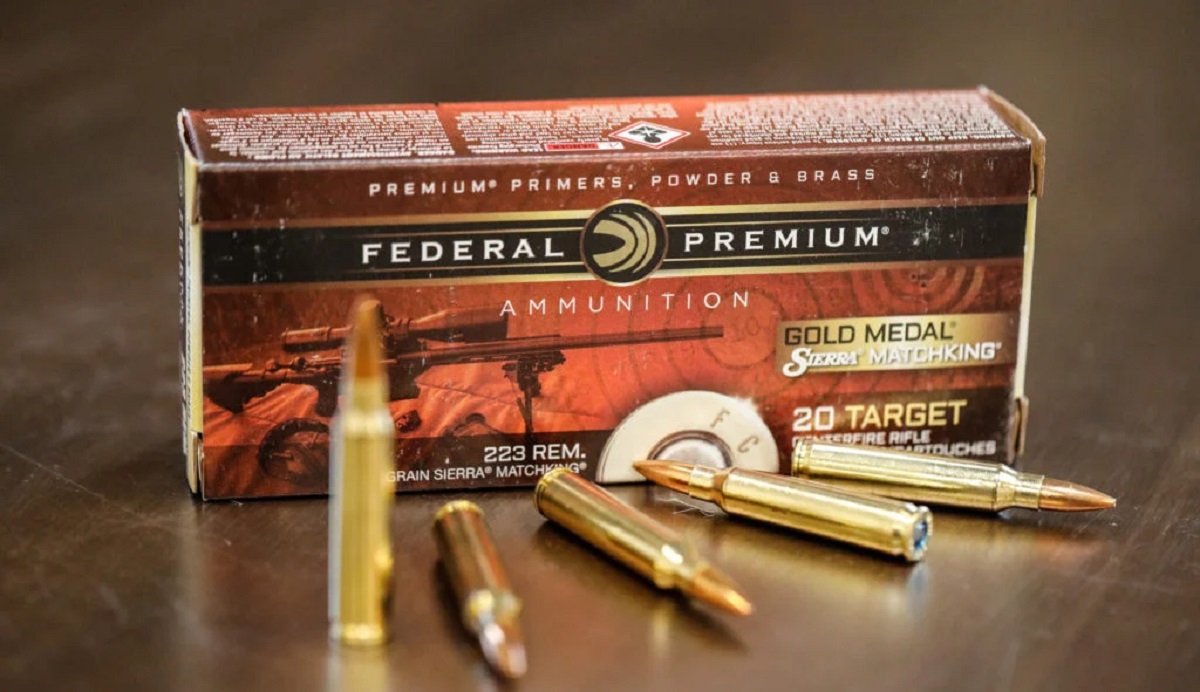
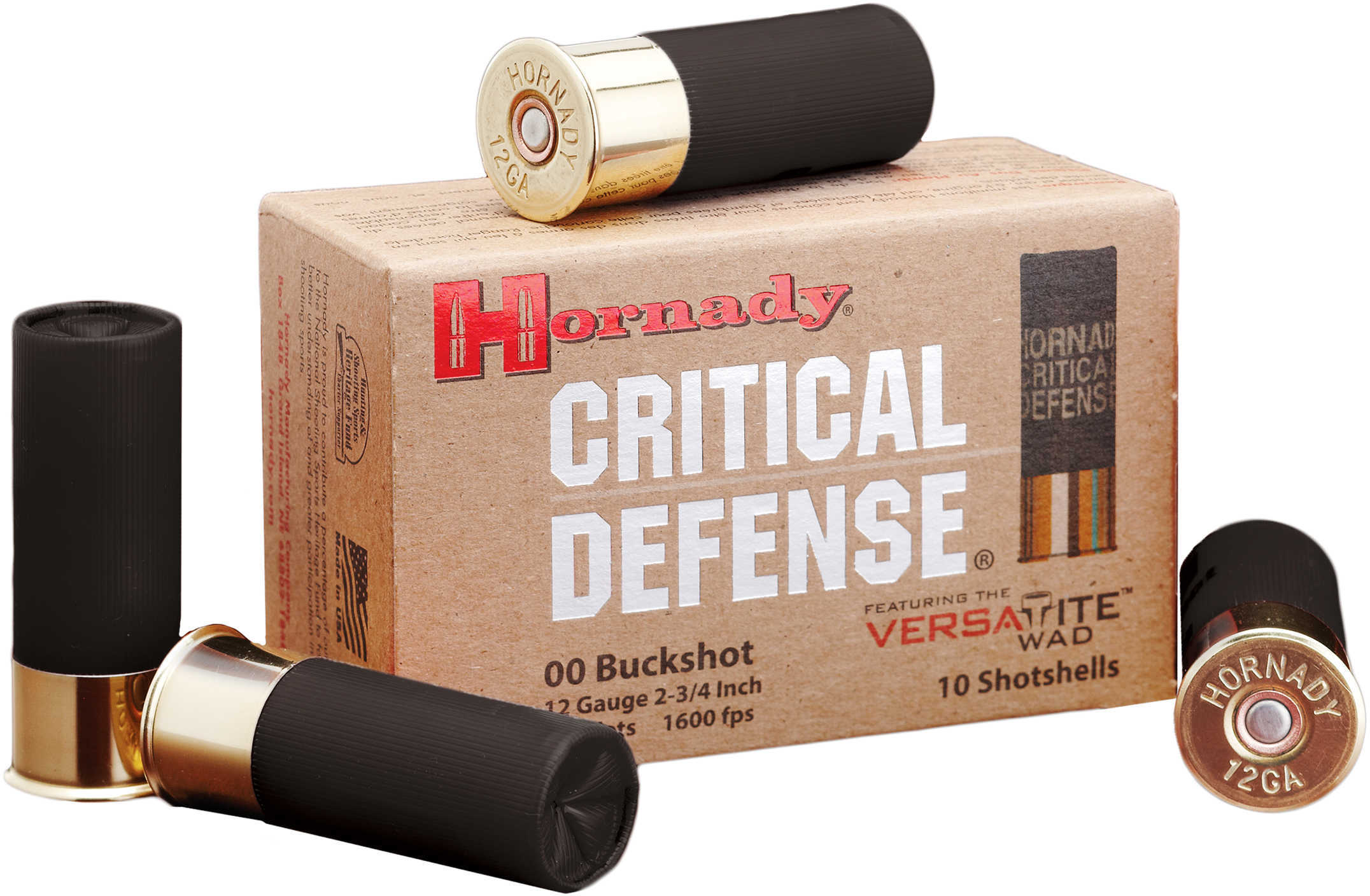
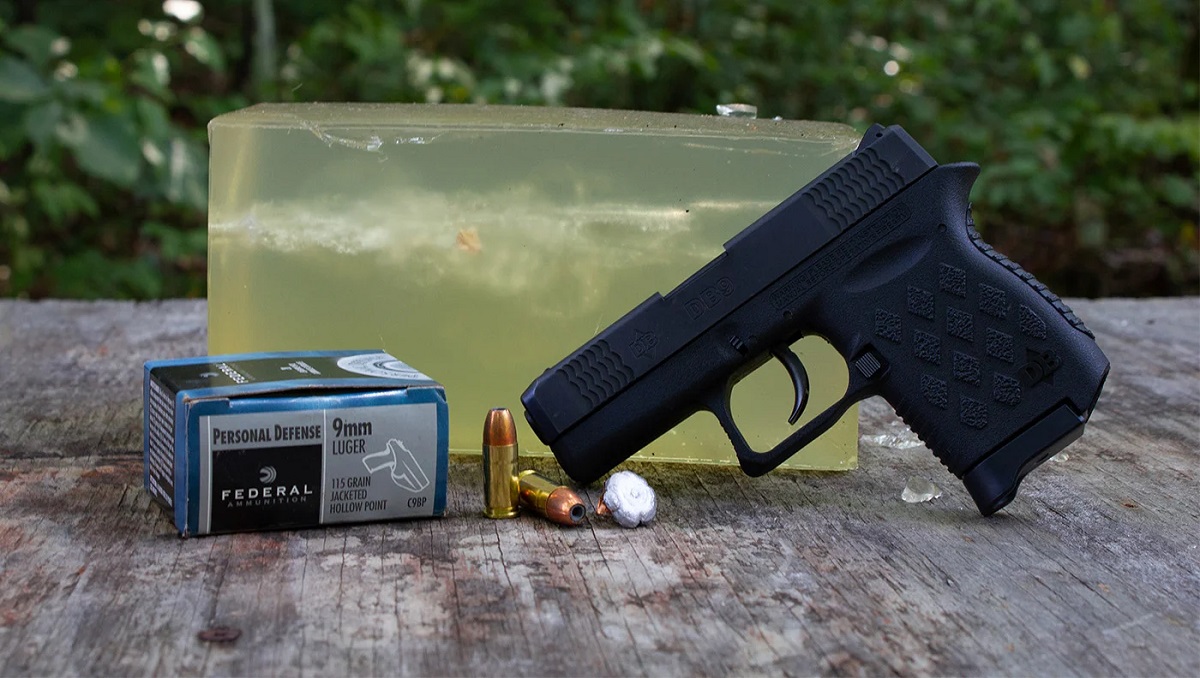
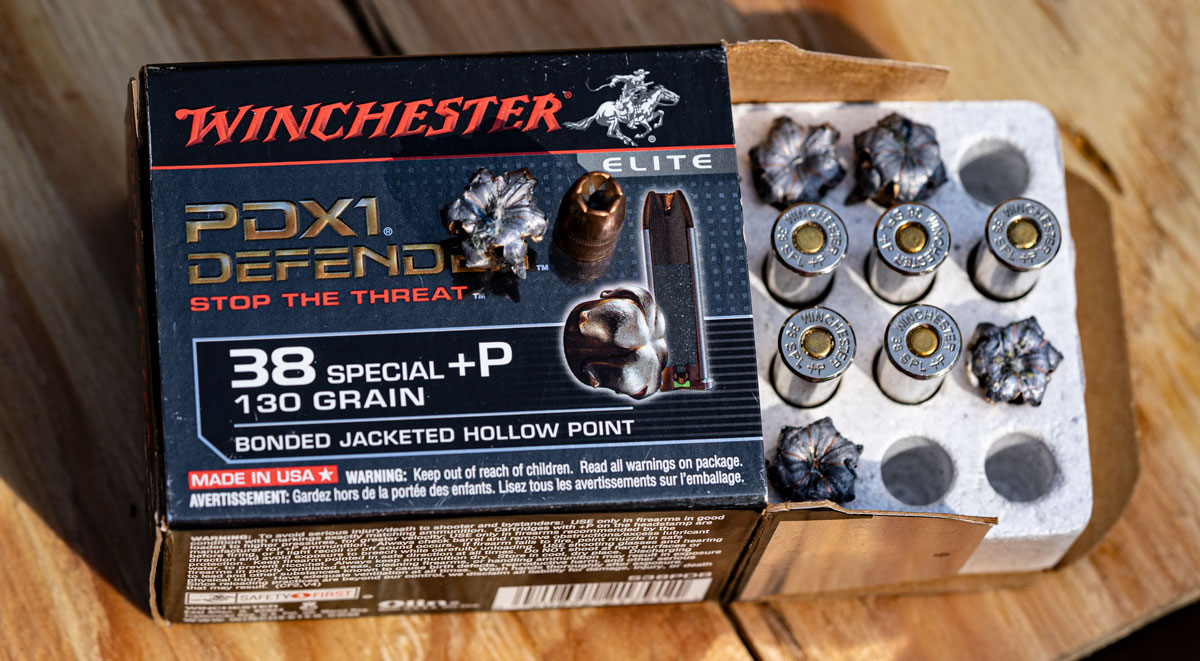
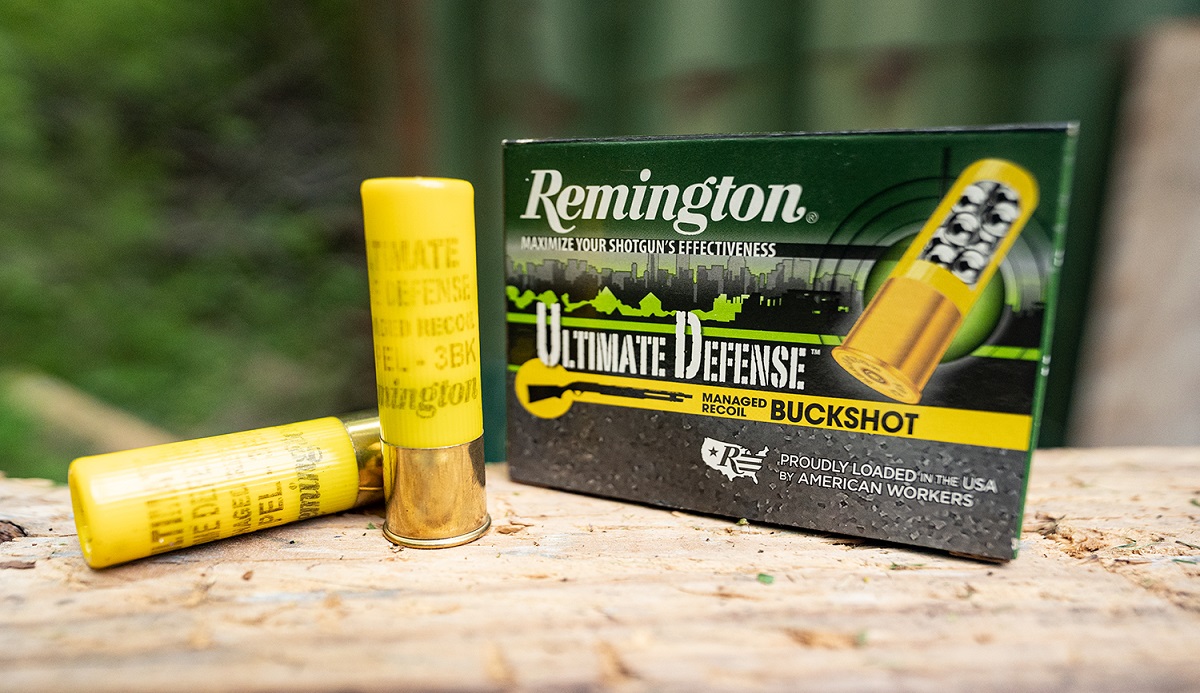
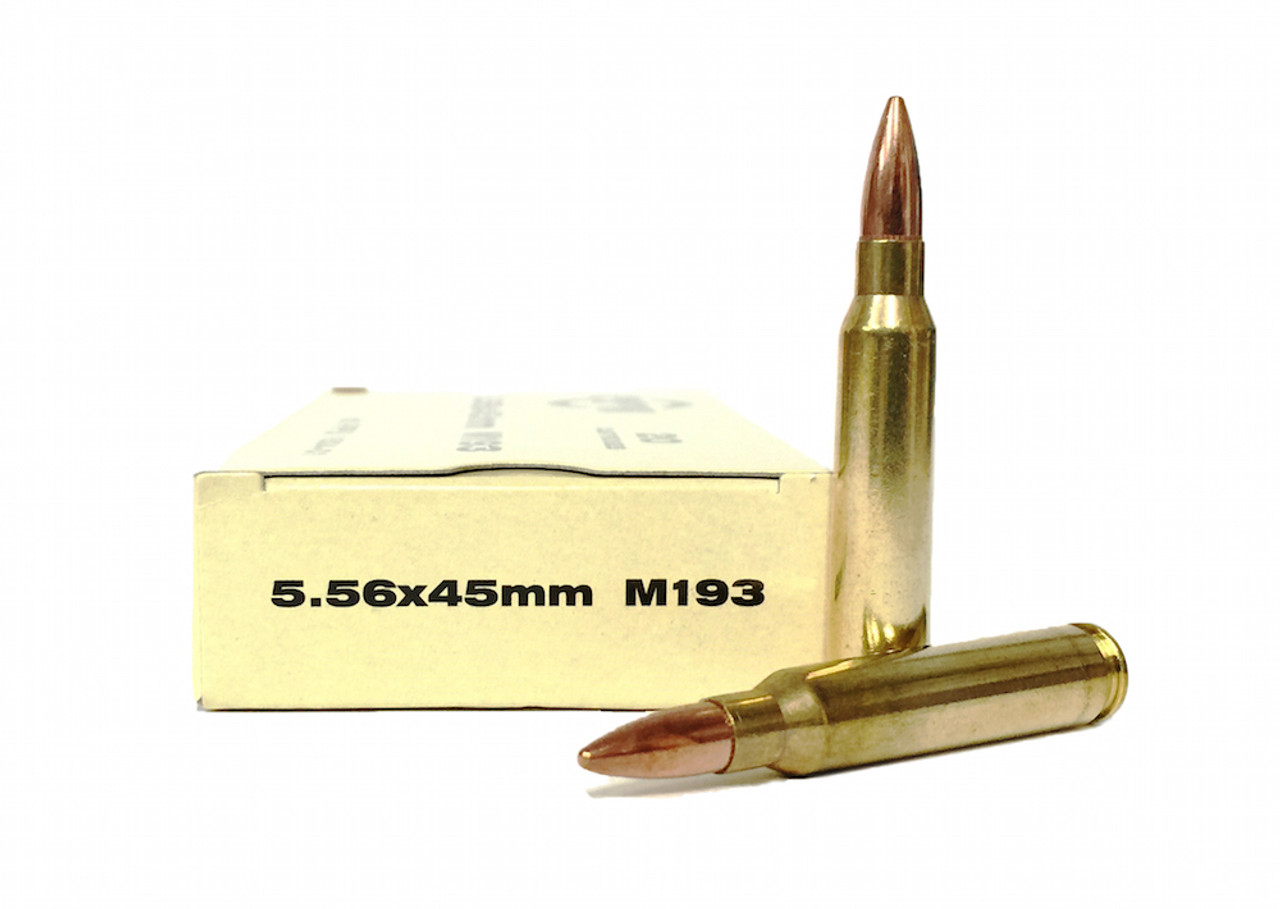
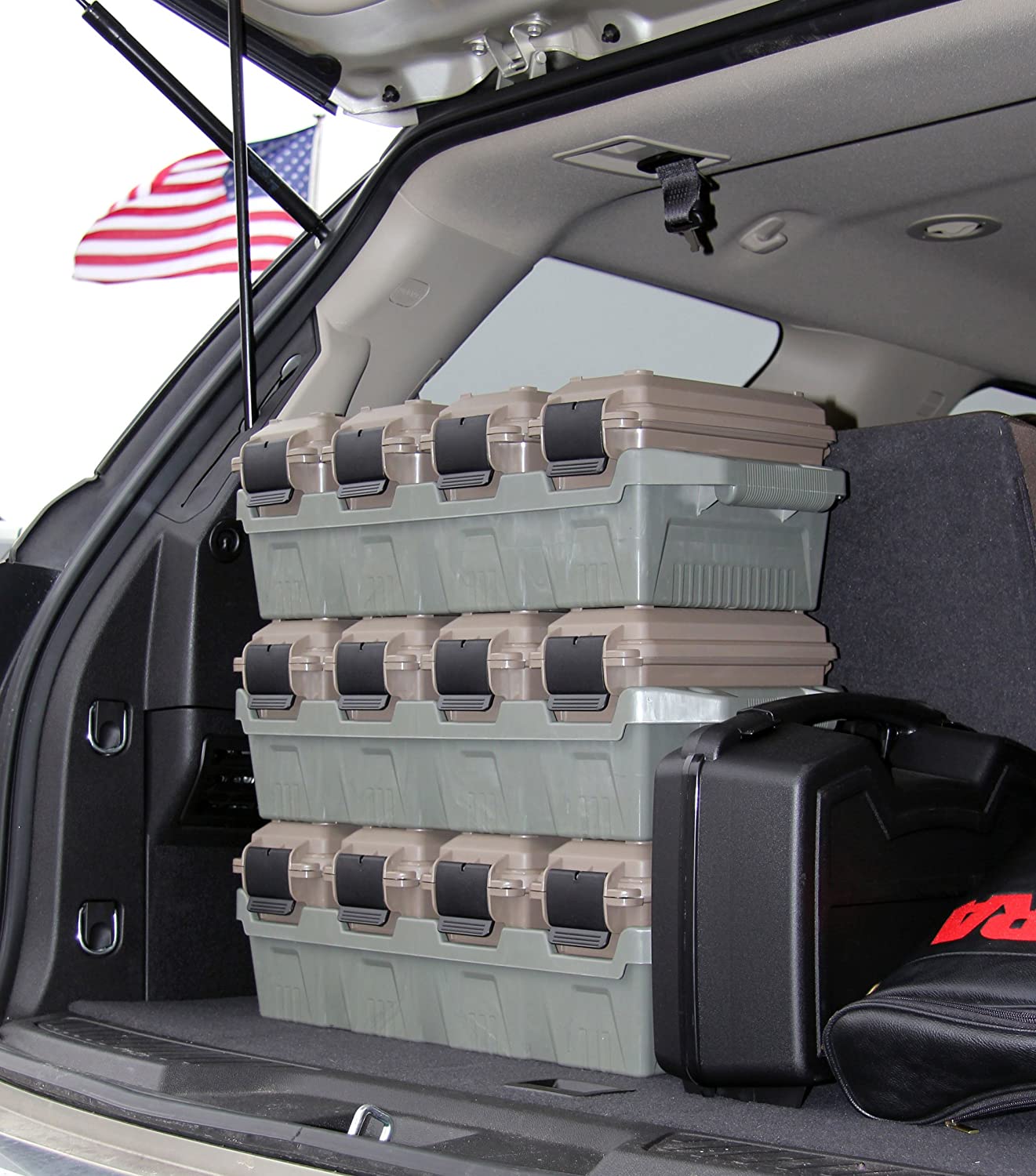
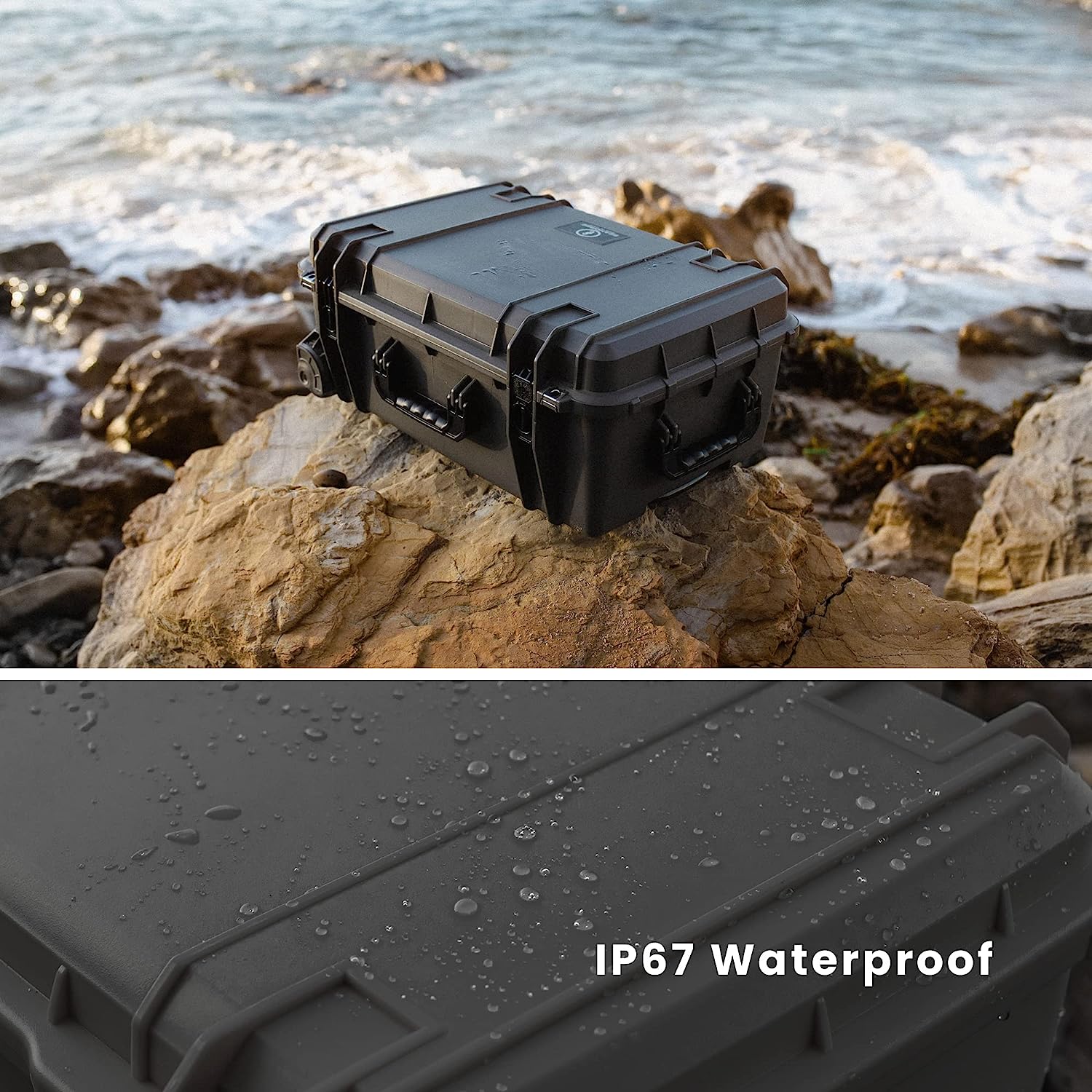
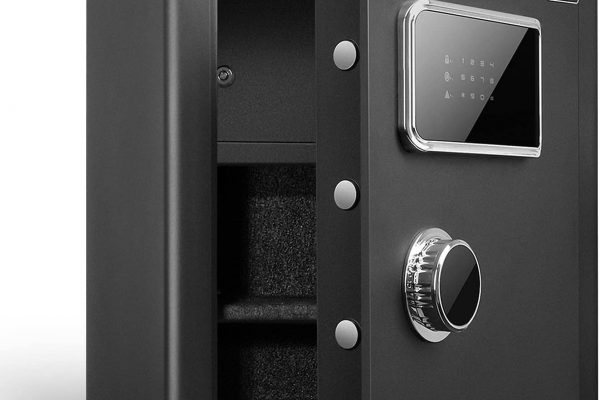
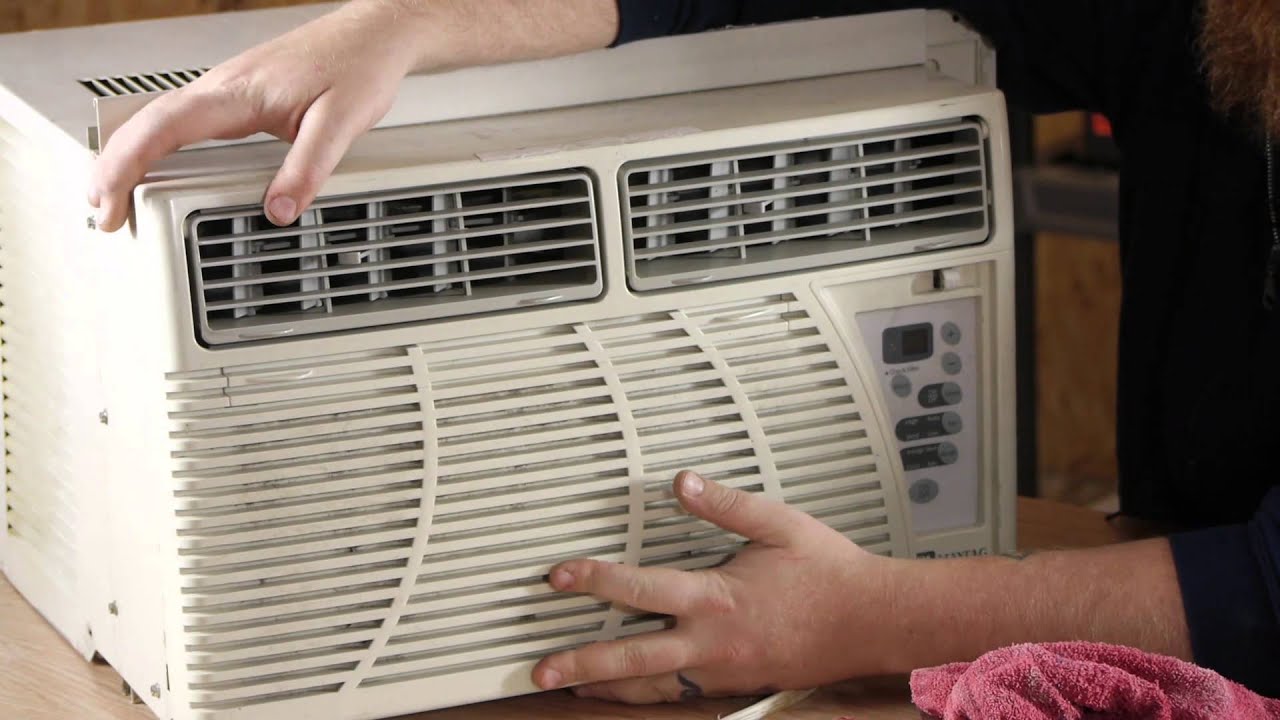

0 thoughts on “How To Store Ammo At Home”